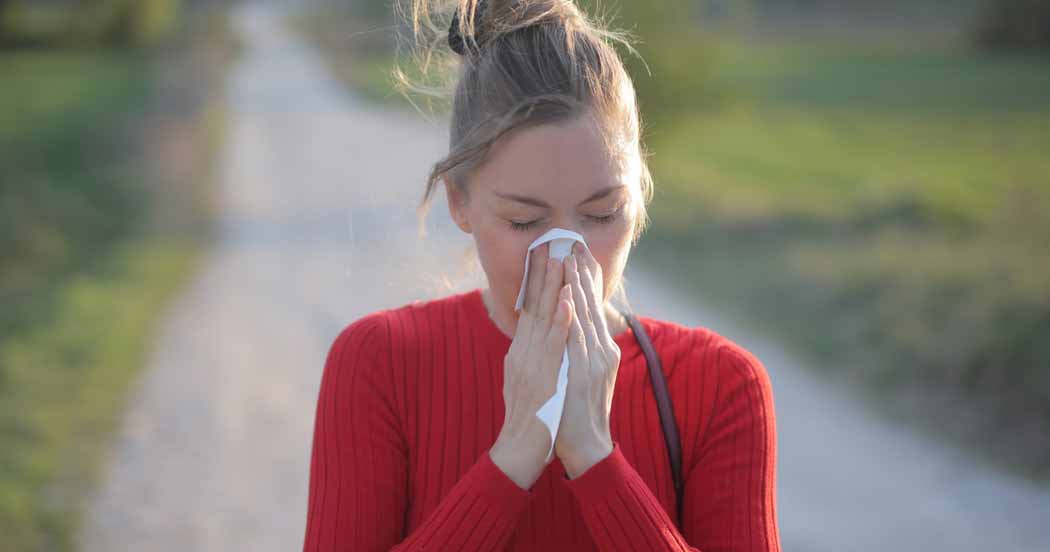One of the things that makes living with eczema so challenging is how complicated it can all get. Different triggers for different people, flare-up frequency and intensity changing with the weather, or the way in which seemingly unrelated issues can actually be connected.
One seemingly unlikely connection researchers are currently exploring is how eczema may be linked to seasonal allergies. In fact, 35% of adults who had eczema as children go on to develop asthma or seasonal allergies, and children currently struggling with eczema can find the symptoms of both to be aggravated.
So what, exactly, is the connection? As with so many eczema questions, the truth is still being uncovered. What is known is that eczema, like allergies, is a condition in which the immune system overreacts to perceived threats. And what’s more, the way in which the body deals with eczema and allergies can actually create a tricky spiral of symptoms that build on one another.
While not true of all people with eczema, many have a genetic condition in which their skin exhibits a lack of filaggrin. In simple terms, missing proteins weaken the skin’s protective barrier, which is the body’s first defense against pollen, dust mites, and other allergens. As you might expect, this can lead to the usual allergy symptoms of watery eyes, sinus activity, and itchy skin. But it’s the body’s harder-to-see, microscopic reactions—namely the elevated white blood cell and antibody activity—that can cause an eczema flare-up, and in this way further weaken the skin’s protective barrier.
Much like the stress-flareup-stress cycle of psoriasis, this allergy-flareup-allergy cycle with eczema can be a tricky one to deal with, especially for children. To learn more about the science behind the eczema/allergy link, check out Psoriasis in Spring and Summer, Allergies and Eczema: What’s the Link?, and Eczema and respiratory allergies: two “cousins.”
